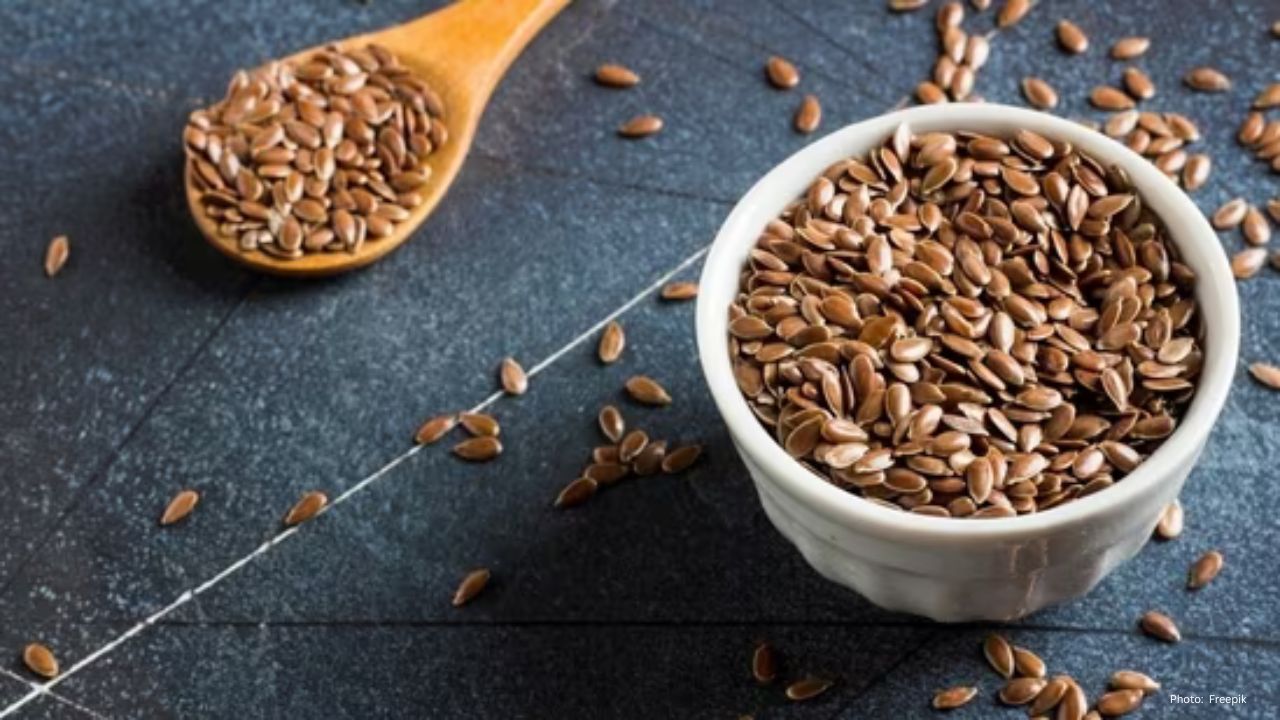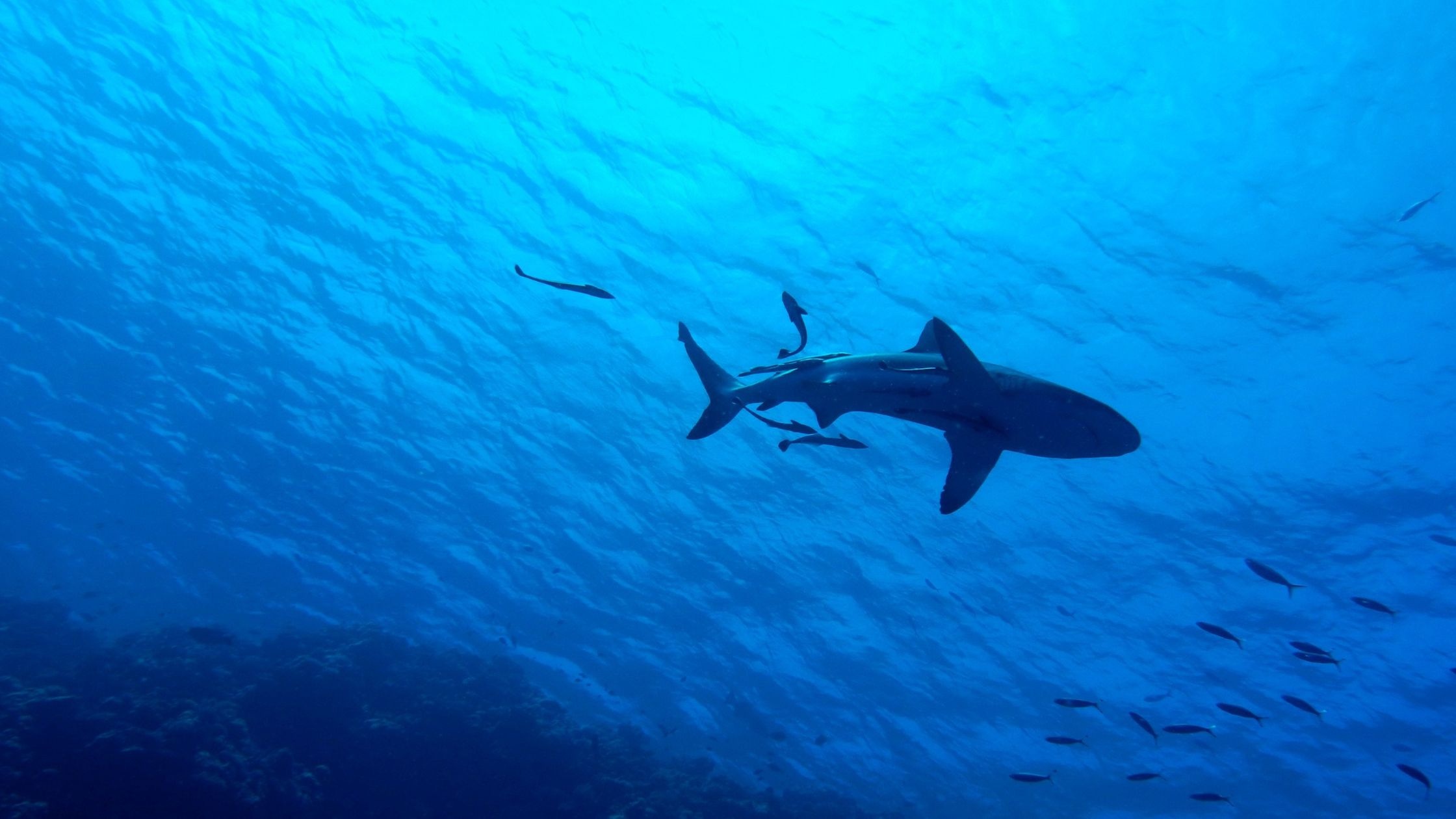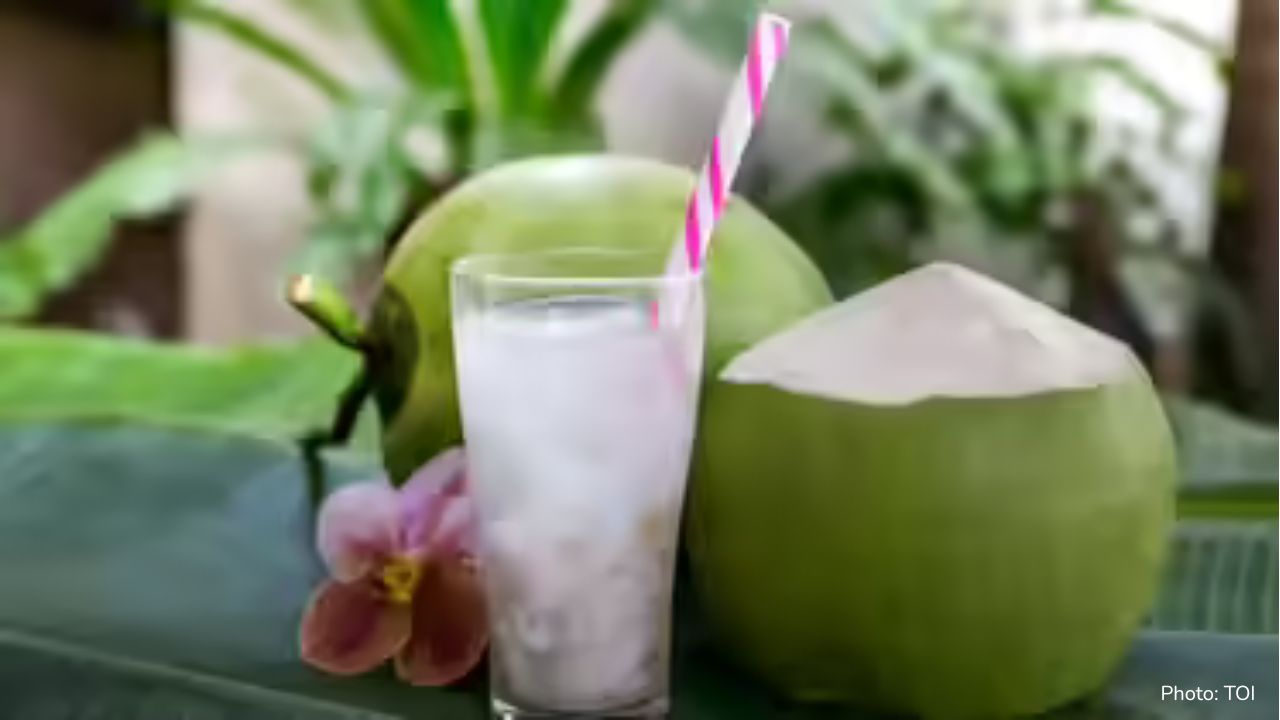
A Nutritionist’s Warm Guide to When to Enjoy Flaxs
Nutritionist Deepsikha Jain recommends 1–2 tablespoons of flaxseeds—morning, before meals or as a sn

Researchers off Mexico's coastline have captured a rare and compelling example of orca hunting behaviour, shedding light on how these ocean predators cooperate. The observations, documented in Frontiers in Marine Science, represent the first confirmed record of this tactic in Mexican waters.
Video gathered between 2020 and 2022 using aerial drones and underwater cameras shows pods of orcas working together to turn young great white sharks onto their backs. That manoeuvre triggers a temporary paralysis known as tonic immobility, allowing the orcas to safely remove and share the sharks' nutrient-dense livers while leaving much of the carcass untouched.
While similar episodes have been reported in places such as South Africa, Australia and California, this Mexican record highlights the broad range and behavioural flexibility of orca groups. Scientists point out that juvenile sharks are particularly at risk, and that orcas may focus on them at certain times of year — a pattern that could influence local shark numbers over time.
Marine biologists say the finding deepens our appreciation of orca intelligence and cooperative hunting, and it underlines the complex relationships between top predators in the ocean. Even great whites, often regarded as apex hunters, are subject to the cunning strategies of orca pods — a reminder of the intricate balance beneath the waves.

Nutritionist Deepsikha Jain recommends 1–2 tablespoons of flaxseeds—morning, before meals or as a sn

Dr. Rajiv Sood outlines five simple daily practices — activity, diet, stress care, sleep and check-u

Coconut water excels at fast rehydration after exercise; aloe vera juice supports digestion and skin

During a video call, 35-year-old Bisma Lalji's sudden back pain led to a Stage 4 breast cancer diagn